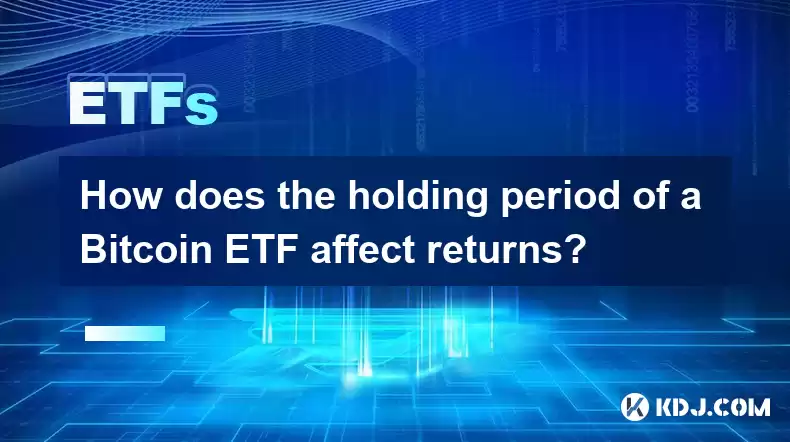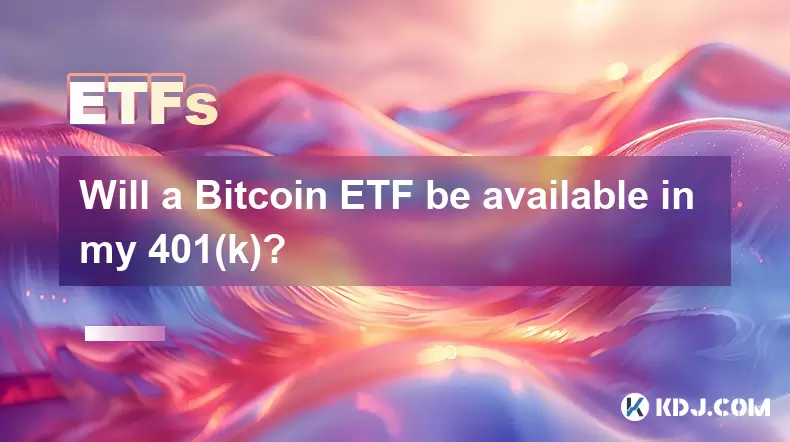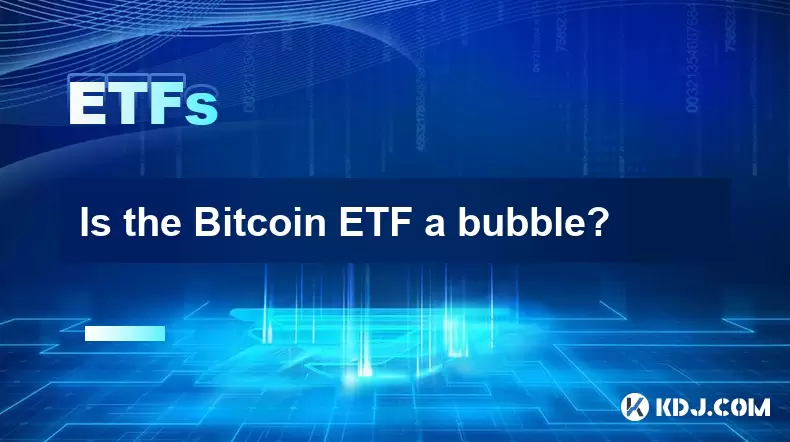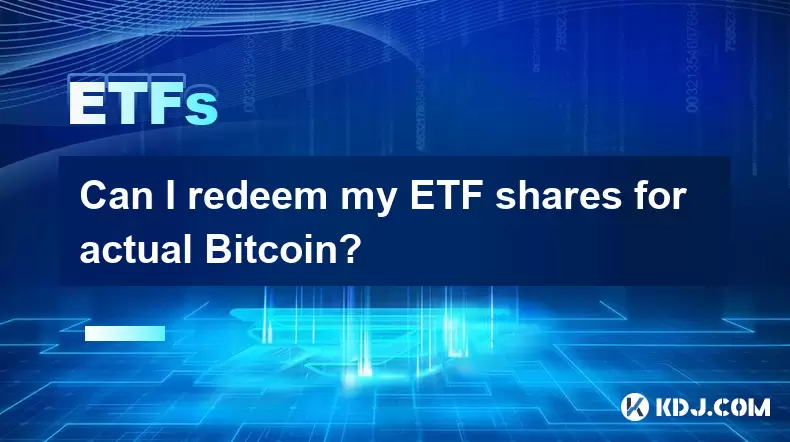-
 Bitcoin
Bitcoin $113900
-1.39% -
 Ethereum
Ethereum $3517
-4.15% -
 XRP
XRP $3.009
1.59% -
 Tether USDt
Tether USDt $0.9997
-0.04% -
 BNB
BNB $766.8
-1.41% -
 Solana
Solana $164.6
-2.38% -
 USDC
USDC $0.9998
-0.02% -
 TRON
TRON $0.3277
0.65% -
 Dogecoin
Dogecoin $0.2023
-1.67% -
 Cardano
Cardano $0.7246
0.05% -
 Hyperliquid
Hyperliquid $38.27
-4.77% -
 Sui
Sui $3.528
-0.52% -
 Stellar
Stellar $0.3890
-0.73% -
 Chainlink
Chainlink $16.16
-2.69% -
 Bitcoin Cash
Bitcoin Cash $539.9
-4.38% -
 Hedera
Hedera $0.2425
-2.00% -
 Avalanche
Avalanche $21.71
-0.97% -
 Toncoin
Toncoin $3.662
5.73% -
 Ethena USDe
Ethena USDe $1.000
-0.02% -
 UNUS SED LEO
UNUS SED LEO $8.964
0.35% -
 Litecoin
Litecoin $107.7
2.33% -
 Shiba Inu
Shiba Inu $0.00001223
-0.40% -
 Polkadot
Polkadot $3.617
-0.97% -
 Uniswap
Uniswap $9.052
-2.49% -
 Monero
Monero $295.1
-3.79% -
 Dai
Dai $0.9999
0.00% -
 Bitget Token
Bitget Token $4.315
-1.85% -
 Pepe
Pepe $0.00001060
0.11% -
 Cronos
Cronos $0.1342
-2.72% -
 Aave
Aave $256.0
-0.87%
How does the holding period of a Bitcoin ETF affect returns?
The holding period significantly impacts Bitcoin ETF returns; longer periods may yield higher returns but increase risk, while shorter periods offer liquidity but higher volatility.
Mar 28, 2025 at 05:21 pm

Understanding the Impact of Holding Period on Bitcoin ETF Returns
The performance of a Bitcoin ETF, like any investment, is significantly influenced by the investor's holding period. A longer holding period generally allows for greater potential returns, but also introduces more risk. Conversely, shorter holding periods minimize risk but may limit potential gains. This is due to the inherent volatility of Bitcoin and the associated market fluctuations. Understanding this relationship is crucial for making informed investment decisions.
Volatility and Holding Period
Bitcoin's price is notoriously volatile. Short-term price swings can be dramatic, leading to substantial gains or losses depending on the entry and exit points. A shorter holding period exposes investors to this volatility more directly. Holding for a shorter period increases the likelihood of experiencing losses if the market dips during your investment timeframe. Longer holding periods, however, allow for the averaging out of these fluctuations, potentially leading to higher overall returns.
Long-Term Holding Strategies
Long-term investing strategies often aim to ride out short-term market corrections, capitalizing on the potential for Bitcoin's price to appreciate over time. This approach requires patience and a tolerance for risk. However, historical data suggests that Bitcoin has shown significant growth over longer periods, despite experiencing periods of substantial price drops. This makes a long-term approach appealing to many investors.
Short-Term Trading and its Risks
Short-term trading, on the other hand, involves frequent buying and selling of Bitcoin ETF shares to capitalize on short-term price movements. This approach requires a high level of market knowledge, technical analysis skills, and a higher risk tolerance. The risk of losses is significantly higher with short-term trading due to the inherent volatility of Bitcoin. Successful short-term trading often relies on precise timing and market prediction, which is challenging even for experienced traders.
Factors Affecting Returns Beyond Holding Period
It's important to remember that the holding period isn't the only factor influencing returns. Other crucial elements include:
- Market conditions: Broader economic trends, regulatory changes, and overall investor sentiment can significantly impact Bitcoin's price.
- ETF expense ratio: The fees charged by the ETF provider will directly reduce the overall returns.
- Timing of entry and exit: Even with a long-term strategy, the specific timing of buying and selling can significantly affect profitability.
- Tax implications: Capital gains taxes on profits will also impact your net returns.
The Importance of Diversification
Diversification is crucial when investing in Bitcoin ETFs or any other asset class. Don't put all your eggs in one basket. Spreading your investments across different assets can mitigate risk and improve your overall portfolio performance.
Impact of Regulatory Changes
Regulatory developments regarding Bitcoin and cryptocurrencies can significantly impact the price and, consequently, the returns of a Bitcoin ETF. Positive regulatory changes often lead to price increases, while negative news can trigger sell-offs. Staying informed about regulatory developments is crucial for managing risk.
The Role of Market Sentiment
Market sentiment plays a significant role in Bitcoin's price fluctuations. Periods of strong positive sentiment often lead to price increases, while negative sentiment can cause sharp drops. Understanding market sentiment is challenging but can be helpful in making informed investment decisions, particularly for short-term trading.
Expense Ratios and Their Impact
The expense ratio of a Bitcoin ETF directly impacts returns. A higher expense ratio means a larger percentage of your returns will go to the ETF provider as fees. Comparing expense ratios across different Bitcoin ETFs is essential to maximize your potential returns. Choosing a low-expense-ratio ETF can significantly improve your overall profitability.
Tax Implications of Bitcoin ETF Investments
Capital gains taxes on profits from Bitcoin ETF investments vary depending on the jurisdiction and holding period. Understanding the tax implications is crucial for accurate return calculations and long-term financial planning. Consult with a tax professional to understand the specific tax implications in your region.
Risk Tolerance and Investment Strategy
Your risk tolerance should significantly influence your chosen holding period and overall investment strategy. Conservative investors may prefer longer holding periods to mitigate short-term volatility, while more aggressive investors might opt for shorter-term trading strategies.
Long-Term vs. Short-Term Investment Horizons
Long-term investment horizons generally offer greater potential for higher returns due to the potential for long-term Bitcoin price appreciation. However, short-term investments offer greater liquidity but are exposed to higher volatility and risk.
The Influence of Technological Advancements
Technological advancements in the Bitcoin ecosystem can also influence the price and, consequently, the returns of a Bitcoin ETF. Positive developments, such as scaling solutions, often lead to price increases, while negative news can trigger sell-offs. Staying informed about technological advancements is essential for informed investment decisions.
Frequently Asked Questions
Q: What is the ideal holding period for a Bitcoin ETF?
A: There's no single "ideal" holding period. It depends entirely on your individual risk tolerance, investment goals, and market outlook. Long-term holding generally offers better potential returns but involves greater risk, while short-term trading is riskier but offers greater liquidity.
Q: How does the volatility of Bitcoin affect ETF returns?
A: Bitcoin's volatility directly impacts ETF returns. Short-term price swings can lead to significant gains or losses, particularly for shorter holding periods. Long-term holding can help average out these fluctuations.
Q: Are there any risks associated with investing in Bitcoin ETFs?
A: Yes, investing in Bitcoin ETFs carries risks, including price volatility, regulatory uncertainty, and the potential for security breaches. Diversification and careful research are crucial.
Q: How do expense ratios affect my returns?
A: Expense ratios are fees charged by the ETF provider, directly reducing your overall returns. Choosing a low-expense-ratio ETF is essential to maximize your potential profit.
Q: What are the tax implications of investing in Bitcoin ETFs?
A: Tax implications vary depending on your jurisdiction and holding period. Consult a tax professional to understand the specific tax implications in your region.
Disclaimer:info@kdj.com
The information provided is not trading advice. kdj.com does not assume any responsibility for any investments made based on the information provided in this article. Cryptocurrencies are highly volatile and it is highly recommended that you invest with caution after thorough research!
If you believe that the content used on this website infringes your copyright, please contact us immediately (info@kdj.com) and we will delete it promptly.
- Bitcoin Strategy: Saylor's Not Hoarding, He's Building an Empire
- 2025-08-02 22:30:12
- Bitcoin Bloodbath: Macro Pressures and Liquidations Unleash Crypto Chaos
- 2025-08-02 22:30:12
- Worldcoin, Identity, WLD Price: Decoding the NYC Crypto Buzz
- 2025-08-02 21:10:12
- Shiba Inu: Utility and Community Strength Drive Crypto's Evolution
- 2025-08-02 21:50:12
- Crypto Donations, Trump PAC, and Bitcoin: A New York Minute on Political Coin
- 2025-08-02 20:30:12
- Crypto Market Under Pressure: Bearish Momentum and Rising Volatility Take Hold
- 2025-08-02 20:30:12
Related knowledge

What is the best platform to trade Bitcoin ETFs?
Jul 23,2025 at 04:14am
Understanding Bitcoin ETFs and Their Role in TradingBitcoin Exchange-Traded Funds (ETFs) have gained significant traction among traditional and crypto...

What is the best platform to trade Bitcoin ETFs?
Jul 17,2025 at 03:50pm
Understanding Bitcoin ETFs and Their Role in the MarketBitcoin Exchange-Traded Funds (ETFs) are investment vehicles that track the price of Bitcoin wi...

Will a Bitcoin ETF be available in my 401(k)?
Jul 17,2025 at 10:42pm
What is a Bitcoin ETF?A Bitcoin ETF (Exchange-Traded Fund) is an investment vehicle that tracks the price of Bitcoin without requiring investors to di...

Who is the authorized participant for a Bitcoin ETF?
Jul 18,2025 at 12:42am
Understanding the Role of Authorized Participants in Bitcoin ETFsIn the context of Bitcoin Exchange-Traded Funds (ETFs), an authorized participant (AP...

Is the Bitcoin ETF a bubble?
Jul 20,2025 at 06:57am
Understanding the Bitcoin ETF ConceptA Bitcoin Exchange-Traded Fund (ETF) is a financial product that aims to track the price of Bitcoin without requi...

Can I redeem my ETF shares for actual Bitcoin?
Jul 17,2025 at 03:14pm
Understanding ETF Shares and Their Relation to BitcoinExchange-Traded Funds (ETFs) have become a popular investment vehicle for those looking to gain ...

What is the best platform to trade Bitcoin ETFs?
Jul 23,2025 at 04:14am
Understanding Bitcoin ETFs and Their Role in TradingBitcoin Exchange-Traded Funds (ETFs) have gained significant traction among traditional and crypto...

What is the best platform to trade Bitcoin ETFs?
Jul 17,2025 at 03:50pm
Understanding Bitcoin ETFs and Their Role in the MarketBitcoin Exchange-Traded Funds (ETFs) are investment vehicles that track the price of Bitcoin wi...

Will a Bitcoin ETF be available in my 401(k)?
Jul 17,2025 at 10:42pm
What is a Bitcoin ETF?A Bitcoin ETF (Exchange-Traded Fund) is an investment vehicle that tracks the price of Bitcoin without requiring investors to di...

Who is the authorized participant for a Bitcoin ETF?
Jul 18,2025 at 12:42am
Understanding the Role of Authorized Participants in Bitcoin ETFsIn the context of Bitcoin Exchange-Traded Funds (ETFs), an authorized participant (AP...

Is the Bitcoin ETF a bubble?
Jul 20,2025 at 06:57am
Understanding the Bitcoin ETF ConceptA Bitcoin Exchange-Traded Fund (ETF) is a financial product that aims to track the price of Bitcoin without requi...

Can I redeem my ETF shares for actual Bitcoin?
Jul 17,2025 at 03:14pm
Understanding ETF Shares and Their Relation to BitcoinExchange-Traded Funds (ETFs) have become a popular investment vehicle for those looking to gain ...
See all articles

























































































